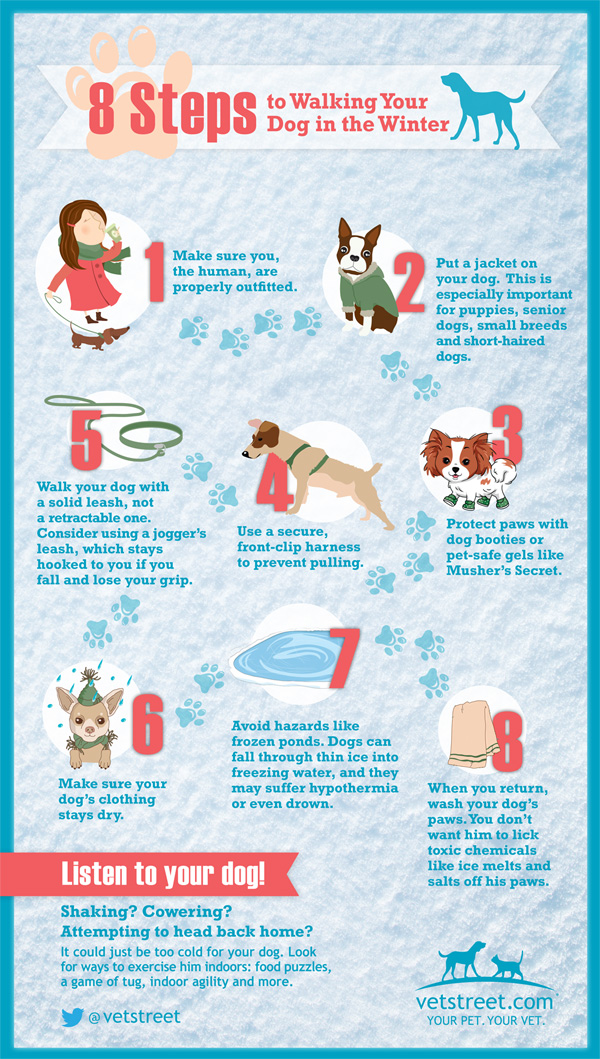Pets in day care get lots of workout, socializing with other dogs and one-of-a-kind experiences. This can be specifically practical for young puppies and dogs with behavior problems.
There are a number of lawful factors to consider you require to take into account when starting a doggy day care service. These consist of the framework of your business and compliance with government regulations.
1. Canine Distemper
Canine distemper is spread with straight contact with the bodily fluids and waste of an infected pet dog, however it can additionally be sent using common water and food bowls or through airborne droplets. This highly contagious illness is most dangerous for puppies, but it can impact dogs of any age and is fatal for most if left untreated.
Initial symptoms of canine distemper frequently imitate a common cold, including runny eyes and nose with watery or pus-like discharge. As the disease progresses, a canine will develop fever, coughing, decreased appetite, vomiting and diarrhea. The infection can additionally strike the nerves, causing seizures, shivering and partial or total paralysis.
Credible day cares minimize exposure to infection by requiring inoculations, regular health examinations and adhere to stringent hygiene protocols. If your pup appears extremely worn out or limping, a day of rest might aid him recoup, yet you should stay clear of taking him back to daycare until these symptoms clear up.
2. Kennel Cough
Kennel coughing, additionally referred to as contagious canine tracheobronchitis or Bordetella, is an extremely infectious viral or bacterial disease that influences the respiratory system system. It's generally moved with the exchange of saliva or air droplets that an ill canine exhales. Social pets go to higher risk for infection due to their constant communication with each other, such as when they play, share food or water, smell one another or just meet in a crowded environment like a dog park or childcare.
One of the most typical symptom of kennel coughing is a relentless and powerful cough that sounds like something embeded the throat or retching. Commonly, pet dogs will cough up foamy white phlegm. If left without treatment, a dog can create pneumonia and go to major risk permanently.
A trustworthy childcare facility should have rigorous cleansing and sanitation methods, sterilize all toys, food and water bowls regularly, and be open concerning their vaccination policies. Maintaining your canine up to day on their vaccinations, especially for bordetella and canine flu, will significantly reduce their opportunities of acquiring the illness.
3. Parvovirus
Canine parvovirus, or parvo, is a very infectious viral disease that can be deadly for pups and young adult pets with bad immune systems. It's most generally spread out by direct contact with contaminated pet dog feces-- which can happen when pet dogs sniff, lick, or preference infected feces-- and indirectly from infected people, things, or environments (like kennels, brushing spaces and grass). Young puppies and dogs without full vaccination backgrounds are especially at risk to parvo.
The virus is exceptionally durable, enduring in the environment for approximately 9 years, and can easily be moved between pets by get in touch with via feces or on footwear, clothes, and bed linens polluted with parvovirus. Otherwise treated immediately with IV liquids, electrolyte balance, throwing up control medicines and antibiotics to avoid secondary microbial infections, a dog will swiftly dehydrate and create severe looseness of the bowels, which results in shock and blood poisoning. Parvo is tough to cure when a pet has come to be ill, but with proper veterinary care, several young puppies do survive this health problem.
4. Canine Influenza
Pooch influenza virus is very contagious and spreads with straight contact, sharing food and water bowls, licking or nuzzling other pets, through airborne beads, and via contaminated surfaces. Inoculation works in reducing the danger of infection and episodes.
Most impacted pet dogs create a moderate respiratory system infection with a cough that lasts 1-3 weeks. They may additionally have nasal and eye discharge, sneezing, and lethargy. A few of one of the most significant cases lead to pneumonia and a high fever.
If your pet dog shows any of these signs, do not bring them back to daycare until they are healthy and balanced. If your pet is showing indications of severe fatigue or limping, speak to your veterinarian immediately and make board and train dog trainers near me certain they get on good health supplements to assist construct their immunity. A veterinarian will certainly examine your pet for symptoms of the flu by taking a sample from the nose or throat, and blood examinations can be done to validate.
